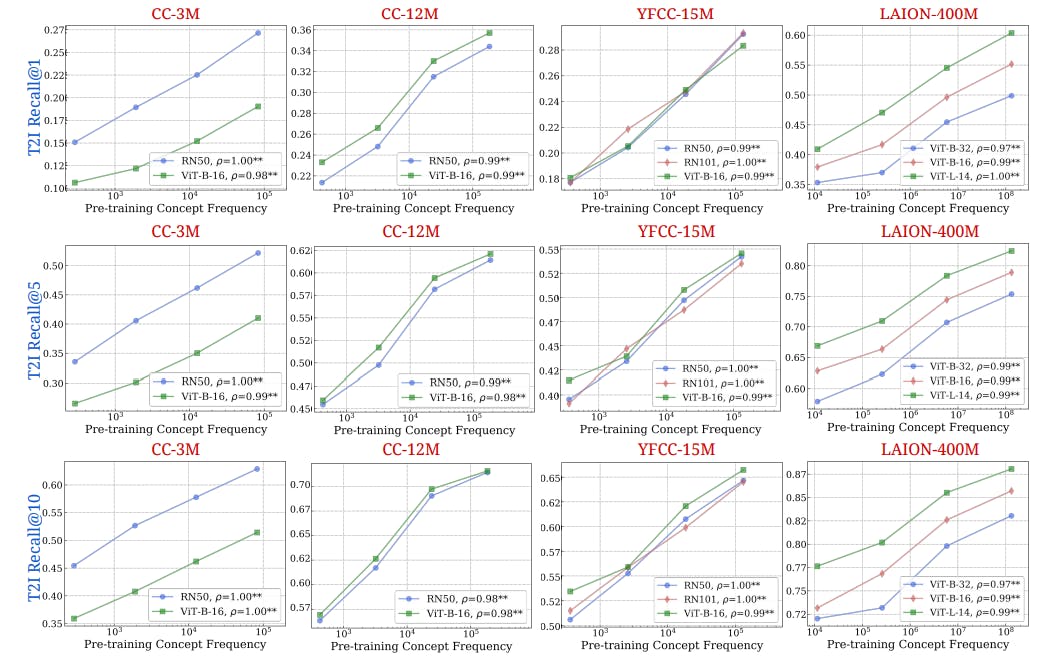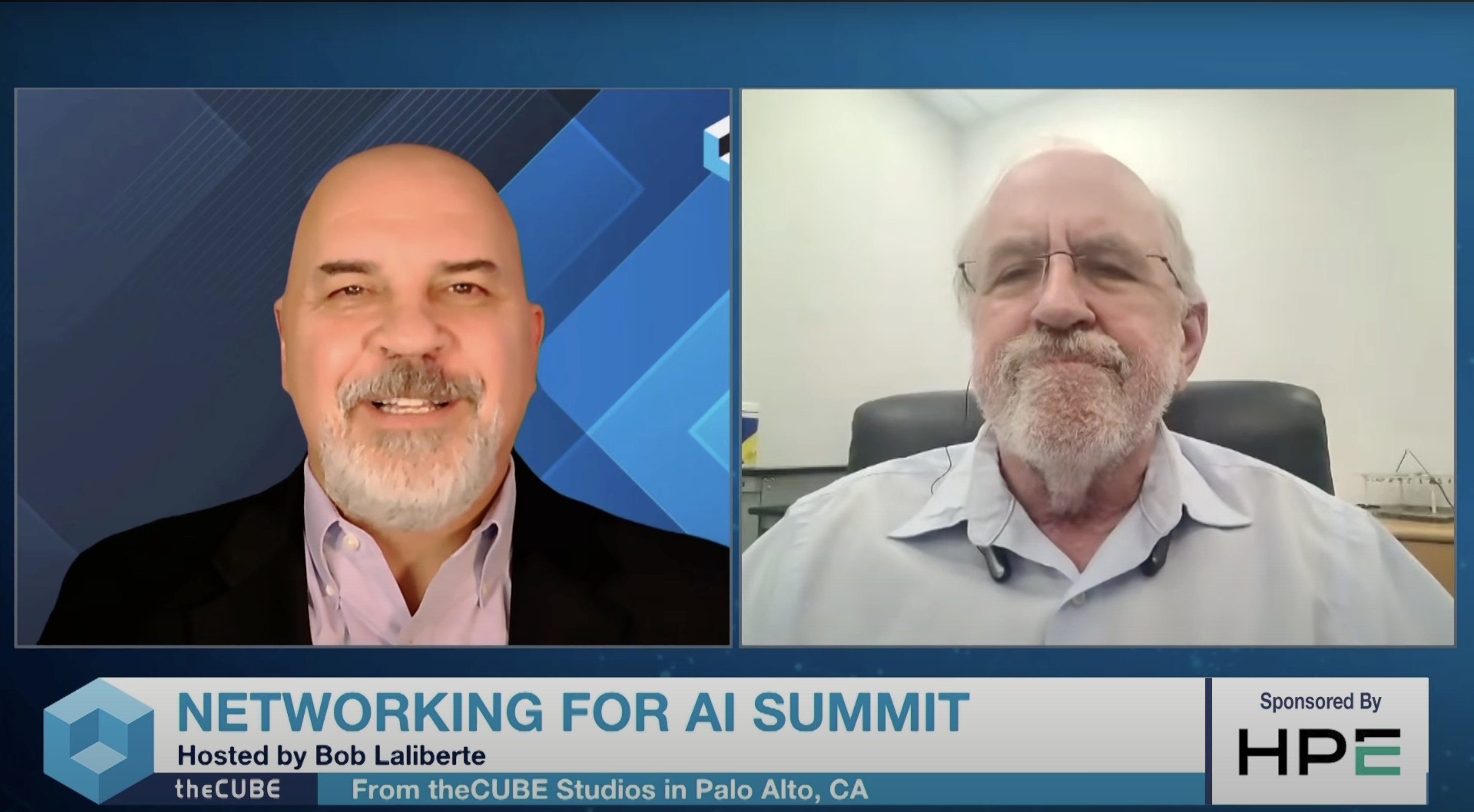In the early 1980s, everyone was obsessed with how new information superhighways would change the world. We were promised instant access to all human knowledge, in ways that would transform the global economy and lead to the digital transformation of every industry.
At the time, it was almost impossible to conceive how we’d interact with this new world, not least because just under a sixth of the UK population had access to a PC. By 1995, Newsweek had had enough, famously declaring that the Web would never replace newspapers or enable businesses to trade online.
While the journey was full of false starts, there’s no denying that the internet has transformed the world. By the turn of the millennium, it had evolved into something that enabled entirely new categories of human activity no one had anticipated.
This transformation didn’t come about because someone “fixed the internet problem.” It happened because thousands of engineers solved thousands of small, practical problems that weren’t part of the initial grand vision: better compression algorithms, new protocols, cheaper hardware, and more user-friendly browsers.
The revolution happened gradually, through accumulated improvements, not through a single leap.
It’s something I often reflect on when I’m asked about my own sector, quantum, in particular: When will quantum computers replace classical computers?
There’s a lot of buzz around quantum. Understandably, many are captivated by the challenge of imagining what a world powered by quantum might look like, supercomputers that might conjure cures for cancer, break the best of today’s cybersecurity, or discover new materials that can withstand the harshest environments.
I’m among those who believe the quantum age represents the next big shift and will usher in a new era for humanity. But at the same time, it’s hard not to feel that history is repeating itself.
The problem with fixating on the destination is that you risk missing the value of the journey. Just as media executives in the 1990s spent millions debating how the internet would lead to “interactive television” while failing to predict how email would reinvent global communications, I suspect today’s strategic framing of quantum may be a little too narrow.
Quantum is a field where theoretical speedups are often conflated with practical advantage, and where the jargon can tie people in knots.
The truth is, it’s still too early to predict the destination with certainty. Take the comments from Nvidia CEO Jensen Huang, who described quantum computing as reaching an “inflection point” – a signal that the focus is shifting from speculative to practical. Yet, just months earlier, Huang had said the era of “very useful” quantum computers was likely still 20 years away.
If we accept that the commercialisation of transformative technologies rarely happens in single leaps, then we should expect quantum to follow a similar trajectory.
We don’t need to wait for fully error-corrected machines to begin understanding where quantum can deliver value. Some systems are already proving useful in focused applications, and quantum is being integrated into critical UK sectors, such as defence and finance.
Quantum clocks provide ultra-precise timing that could untangle systemic complexities in financial systems. Quantum accelerometers measure motion with unprecedented precision and stability. Designed to detect forces invisible to the human eye, they form the backbone of transportable navigation systems that work independently of GPS.
This has major implications for defence, autonomous transport, spaceflight, and mining. Gravimeters, meanwhile, are enhancing our ability to detect underground infrastructure and assess flood risks, improving how we manage vital infrastructure.
Even in computing, early quantum systems are solving optimisation problems that classical technologies struggle with. This opens the door to huge productivity gains, from mapping the most efficient placement of EV chargers to smoothing traffic flows across congested cities.
The quantum revolution may not announce itself with the fanfare some predict. Like every disruptive technology before it, real transformation is happening in the margins, better error correction here, more stable qubits there. And while many may continue to debate what a quantum-powered world will look like, the true value will lie in the journey we take to get there.
Dr Graeme Malcolm OBE, CEO and founder of M Squared Lasers
The post The value is in the journey, not the destination appeared first on UKTN.










